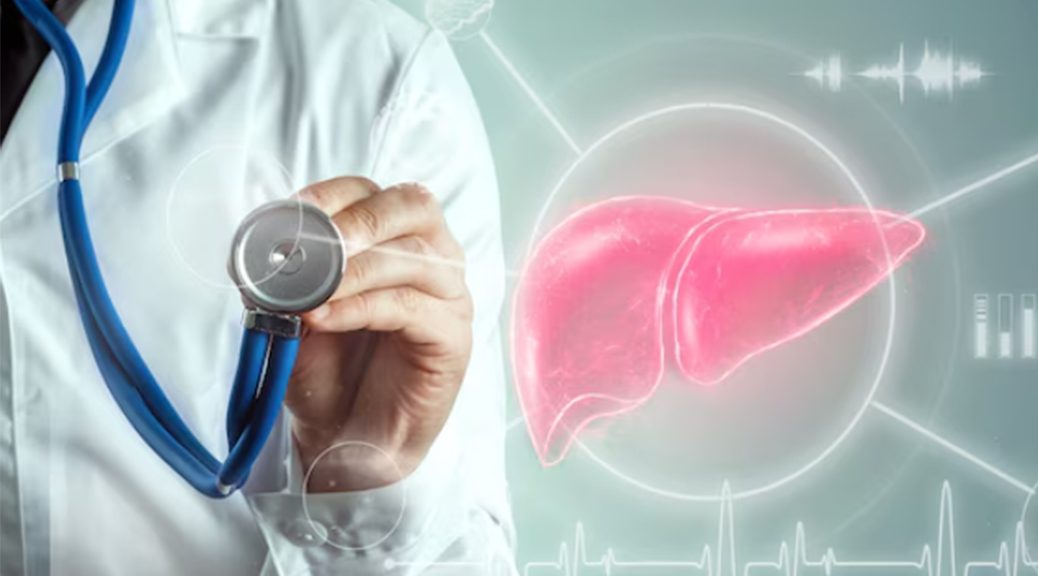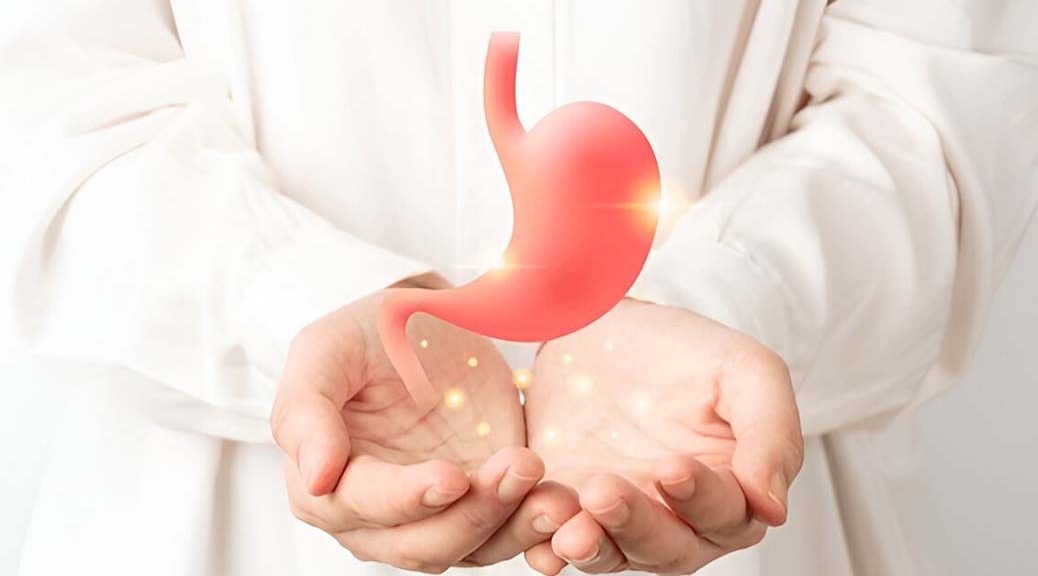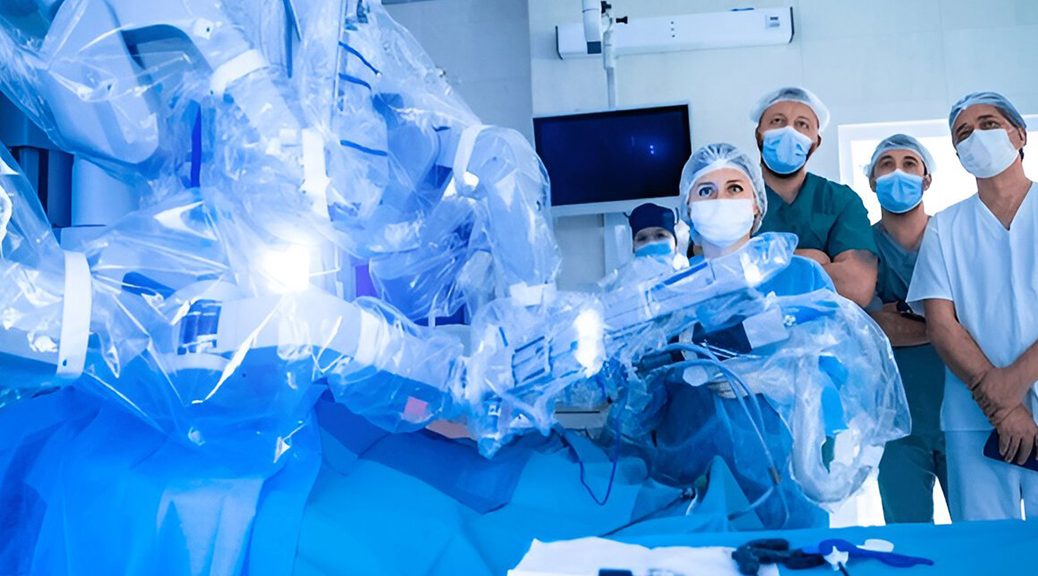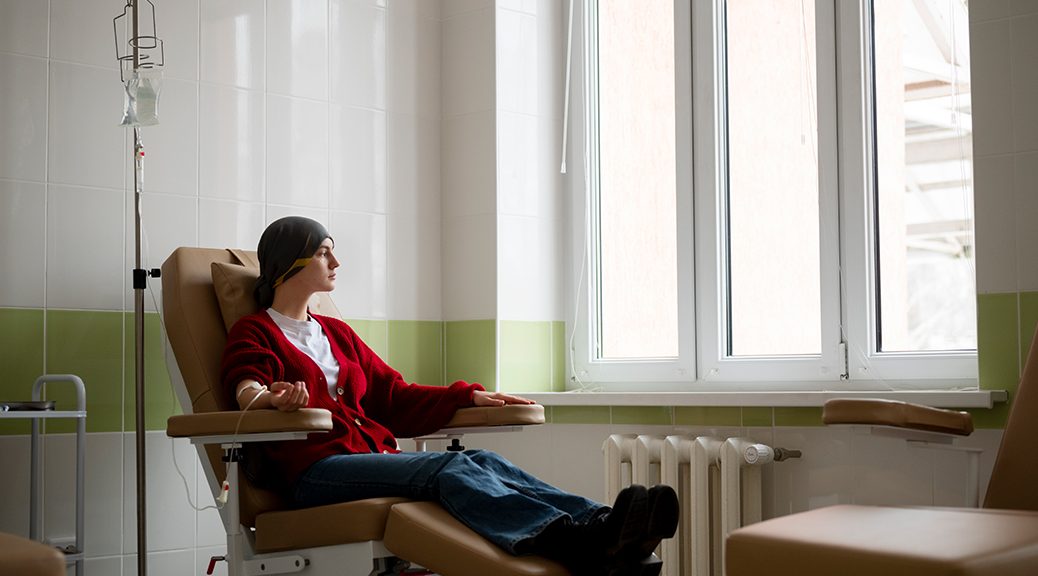Chemotherapy and What to Expect: Preparing for the Journey
Chemotherapy goes beyond treatment. It involves compassion, sympathy, and care. Our team of oncologists, nurses, and support staff delivers every session with precision and empathy. Whether you’re at the beginning of your treatment journey or halfway through, we assure you of our support.
Our chemotherapy unit is designed to meet the highest standards of safety and comfort. While receiving treatment, patients are placed in a well-equipped space with advanced infusion chairs, real-time monitoring, and strict infection control protocols. Each treatment plan is tailored to the patient’s specific needs, the type and severity of their cancer, and their current health status.
We ensure that our patients don’t feel isolated. Working closely with oncologists, our team creates a comprehensive plan tailored to the patient’s specific chemotherapy needs. Depending on the current circumstances, the process may be delivered before or after surgery.
What to expect
- Personalised treatment plans: We don’t follow generic regimens. Every plan is based on targeted therapy principles. As your body changes, so does your plan, evolving step by step to keep it effective, manageable and uniquely yours.
- Day-care chemotherapy: For most patients, treatment happens without an overnight stay. Once you arrive, the session is conducted in a clean, well-equipped infusion room, and you head home the same day. Each session follows a protocol-based care approach, ensuring safety and consistency while providing patients with the flexibility of shorter, low-stress visits.
- Monitored by experts: Every session is overseen by a multidisciplinary team. Oncologists guide treatment decisions using evidence-based medicine. Trained nurses are always available to monitor vital signs, manage side effects, and provide support when you need it most.
Beyond treatment, here’s what our team does for you:
- Symptom control: Nausea, fatigue, infections. We stay ahead of them so your treatment stays on track.
- Nutritional guidance: Our dietitians help you stay strong with food that complements your treatment.
Liver Cancer: Causes, Warning Signs & How to Prevent It
Liver cancer is a life-threatening disease and one of the most rapidly developing cancers in India. There are two types of liver cancer: primary and secondary. The primary cancer starts in the liver, while the secondary cancer spreads to the liver from another part of the body.
At ILS Hospital, liver cancer treatment is personalized, offering advanced options such as surgery, chemotherapy, radiation therapy, liver transplant, and radiofrequency ablation. Our oncologists use advanced diagnostic tools like CT scans, MRI, and biopsy to accurately diagnose and stage liver cancer. Based on the type and stage of the cancer, we develop tailored treatment plans focused on improving survival rates and quality of life.
Symptoms
When liver cancer is in its early stages, you may experience no symptoms at all. Hepatocellular carcinoma (HCC) and intrahepatic cholangiocarcinoma (IHC) share similar symptoms:
- A lump under your rib cage, pain on the right side of your abdomen, or discomfort near your right shoulder.
- Jaundice
- Unusual weight loss, nausea, or loss of appetite.
- Fatigue.
- Dark-coloured urine.
Causes
Liver cancer occurs when something breaks the DNA of healthy liver cells. DNA includes the genes that control how our cells work. The causes of liver cancer are given as follows:
- Infection with the hepatitis B or C viruses increases risk.
- Scarring of the liver from alcohol or liver diseases.
- Non-alcoholic fatty liver disease (NAFLD) raises the risk.
- Consuming mouldy foods contaminated with aflatoxins.
- Increases the risk of liver cancer.
- High blood sugar and insulin resistance are contributing factors.
Diagnosis
In case liver cancer signs persist during physical examination, we recommend the following tests for further analysis: blood tests, ultrasound (sonography), computed tomography (CT) scan, magnetic resonance imaging (MRI), angiography, and biopsies.
Liver Cancer Stages
Depending on the type and severity of cancer, it is divided into the following stages:
- A single liver tumor less than two centimetres (cm) in size. This is known as stage I, the very early stage, also referred to as stage 0. According to blood tests, the bilirubin level is normal.
- A single tumor 5 cm or less, or multiple tumors less than 3 cm, are stage II, early stage, or stage A. The tumor’s spread may affect the blood vessels.
- Stage III, also known as the intermediate stage or stage B, is characterized by the possibility of having multiple tumors or a tumor larger than 5 cm. The tumor may have spread to other organs, large blood vessels, or lymph nodes.
- Stage IV/advanced stage/stage C cancer has spread (metastasized) to other parts of your body, including the lungs, bones, and lymph nodes.
Prevention
While it is not possible to completely prevent liver cancer, we can reduce your chances of developing it by doing the following:
- Avoid behaviours that can lead to cirrhosis.
- Achieve or sustain a healthy weight.
- Get a hepatitis B vaccination. This vaccine is safe for almost everyone.
- Take precautions against hepatitis C.
- There is a higher risk of occurrence for diabetics, obese individuals and chronic alcoholics.
Gastric Bypass Surgery in Saltlake: Is It Right for You?
Gastric bypass surgery at ILS Hospital can be the life-changing solution that you are looking for. If you are someone who is dealing with severe obesity and other related health issues, then gastric bypass may be the solution for you. ILS Hospital Saltlake is home to one of the best surgeons for this procedure: Dr. Om Tantia, a pioneer in minimal access and bariatric surgery with over 30 years of experience. Having served as the Medical Director and Department Head, Minimal Access & Bariatric Surgery at ILS Hospitals, Dr. Tantia has been successful in counseling thousands of weight-loss patients.
What is gastric bypass surgery?
Gastric bypass surgery, also known as Roux-en-Y Gastric Bypass, is one of the most frequently performed bariatric surgeries. The procedure involves:
- Forming a small pouch from the upper portion of the stomach.
- Attaching this pouch directly to the small intestine, bypassing a portion of the stomach and intestine.
This operation assists in limiting the quantity of food you consume and restricting the calories your body absorbs, resulting in dramatic and long-lasting weight loss.
Who might benefit?
Gastric bypass can be an option for people who:
- Have a BMI of more than 40, or more than 35 with related health issues such as type 2 diabetes, high blood pressure, or sleep apnea.
- Have not had sustained outcomes with diet, exercise, or medications.
- Are willing to make a commitment to long-term lifestyle adjustments.
At ILS Hospital Saltlake, Dr. Tantia and his staff perform a comprehensive assessment consisting of medical history, physical examination, and psychological evaluation to find out if gastric bypass is suitable for you.
What can you anticipate?
With skilled hands, patients can see:
- 60–80% excess weight loss during the first 12–18 months
- Improvement or complete remission of comorbid conditions
- Greater mobility, confidence, and overall quality of life
- Long-term weight control through appropriate follow-up care
Why choose ILS Hospitals?
ILS Hospital Saltlake offers a welcoming and efficient environment for a life-changing procedure such as gastric bypass surgery. We are equipped with modern operating rooms, experienced support staff, and one of the best post-operative care programs. On top of that,Dr. Om Tantia’s experience and expertise make him one of the best for gastric bypass surgery.
Gastric bypass surgery is not just about losing weight; it’s about reclaiming your health and future. If you’re considering this option, a consultation with Dr. Om Tantia in Saltlake could be your first step toward lasting transformation.
Weight Loss Surgery: Finding the Right Bariatric Surgeon in Saltlake
Weight Loss surgery is a life changing process boosting one’s confidence, health and several other health issues. However, this process requires two major steps:
- A strong will to make a long-term commitment for lifestyle change.
- Finding a trusted surgeon to help you in your journey.
Dr. Tantia , India’s one the best bariatric surgeon has transformed many lives. ILS hospital Saltlake is home to Dr. Tantia and a witness to his miracles!
Expertise Only Comes with Experience:
- Dr. Om Tantia has more than 10 specializations for example MBBS, MS, FACS, FACS and much more.
- Along with this, Dr, Tantia has been serving as the founder Medical Director and Head of the department of minimal access and bariatric surgery at ILS group of Hospitals with 30 years of experience.
- Dr. Om Tantia holds crucial positions in top-notch organizations such as Obesity & Metabolic Surgery Society of India (OSSI) and Association of Minimal Access Surgeons of India (AMASI).
Other Contributions
Dr. Om Tantia is one of the most qualified and experienced general and Laparoscopic surgeons in India. He is also a lifetime member of several medical organizations. He has made an immense contribution in more than 30 published books, journals, and paper
presentations. He also has conducted more than 50 Workshops & conferences of national & international repute.
Why Dr. Om Tantia?
- Dr. Om Tantia who specializes in bariatric surgery performs comprehensive assessments on patients consisting of medical history, physical and psychological evaluation guiding you individually for your desired procedure.
- With that, the atmosphere at ILS Hospital Saltlake is that of cozy and comfortable for the patients. The procedure done by Dr. Tantia includes post-surgery support at ILS Hospital including lifestyle and dietary recommendation along with regular follow up check-ups.
- In cooperation with Laparoscopic techniques by Dr. Tantia. Modern technology like Laparoscopic surgery. It is one of the modern ways of operating as it includes a thin tube with a camera and light source, which is hassle free compared to the traditional
operating methods ensuring minimal invasiveness and high quality of the treatment.
Your health, confidence and your future are in expert hands so book a consultation today!
Weight Loss Surgery Options in Saltlake: Gastric Banding vs. Bypass
At ILS Hospital Saltlake, we convert your dream of long-term weight loss into a reality. Individuals suffering from long-term obesity can have access to expert care from one of the best bariatric surgeons, Dr. Om Tantia, Medical Director and Head of the Department of Minimal Access & Bariatric Surgery at ILS Hospitals. ILS Hospitals offer two common surgical options, gastric banding and gastric bypass. Both the procedures are effective, but they differ in method, outcome, and suitability.
Gastric Banding
In gastric banding a silicon band is inserted around the upper part of the stomach, creating a small pouch. This results in the stomach not being able to hold much food.
Key Features:
- It is a reversible and minimally invasive procedure
- The tightness of the band can be controlled through a port placed under the skin
- It requires no cutting or stapling of the stomach or intestines
Advantages:
- Shorter recovery time
- Less risk of nutrient deficiencies
- Its adjustability enables flexibility in weight loss management
Considerations:
- Weight loss is slower and more gradual
- Needs frequent follow-ups for band adjustments
- Some patients might require revision surgery
Gastric Bypass
Gastric bypass surgery, also known as Roux-en-Y gastric bypass, is one of the most frequently performed bariatric surgeries. The procedure involves forming a small pouch from the upper portion of the stomach. Attaching this pouch directly to the small intestine,
bypassing a portion of the stomach and intestine. This results in less food intake and low-calorie absorption.
Key Features:
- More complicated than banding but extremely effective
- A combination of restriction and malabsorption
- Permanent procedure
Advantages:
- Rapid and more pronounced weight loss
- Improve obesity-linked conditions such as type 2 diabetes
- Long-term outcomes with appropriate lifestyle modification
Considerations:
- Increased recovery period
- Potential risk of vitamin and mineral deficiencies
- Tight diet control after surgery
Which One Is Right for You?
Choosing between gastric banding and gastric bypass depends on several factors. These factors include BMI, medical history, lifestyle, and personal goals. A detailed preoperative assessment is provided by Dr. Om Tantia and his team at ILS Hospital Saltlake. His team
would assist individuals to make the best decision.
Whether you want to go for gastric banding or gastric bypass, ILS Hospital Salt Lake provides you with one of the best surgeons in India, modern facilities, and a personalized recovery plan. Under the consultation of Dr. Om Tantia patients can confidently start their
journey towards permanent weight loss and better health
Understanding the Process of Bariatric Surgery in Saltlake
Bariatric surgery is a medical procedure made to help individuals struggling with obesity; it helps these individuals to achieve significant and sustainable weight loss. At ILS Hospital Saltlake, this life-changing surgery is performed by one of India’s best bariatric surgeons, Dr. Om Tantia. With over 30 years of experience in bariatric and laparoscopic surgery, Dr. Tantia’s expert guidance helps patients to understand the full process, from consultation to recovery, which is necessary to make informed decisions.
1. Initial Consultation and Evaluation
The initial step of this journey to weight loss is a thorough evaluation, and it is conducted by a team of multidisciplinary professionals. At ILS Hospital Saltlake we examine your:
- Body Mass Index (BMI)
- Medical history
- Current health conditions (such as diabetes, hypertension, or sleep apnea)
- Past weight loss attempts
- Mental and emotional preparedness
You might also be subjected to lab tests, imaging, and counseling to find out if bariatric surgery is the best suited option for you.
2. Choosing the Right Procedure
Depending on your health profile and objectives, the doctor will suggest the most appropriate surgery. The most prevalent ones are:
- Sleeve Gastrectomy: Resects a major part of the stomach to minimize food consumption and hunger.
- Gastric Bypass: Pouches the stomach into a small size and reanastomoses the intestine to minimize calorie absorption.
- Gastric Banding: Fastens an adjustable band around the stomach to restrict food consumption.
All have their advantages and disadvantages, which will be addressed through counseling sessions.
3. Pre-Surgery Preparation
Before surgery, you will be told to:
- Follow a special diet to reduce the size of the liver
- Quit smoking and moderate alcohol use
- Resume light physical exercise
- Undergo nutritional and psychological guidance
This process helps to optimize your health and prepare you psychologically for the coming lifestyle changes.
4. The Surgical Procedure
Most bariatric surgeries in ILS Hospital Saltlake are carried out laparoscopically, that is:
- Smaller cuts
- Less pain and scarring
- Shorter recovery
The procedure takes 1–2 hours, and the patients tend to stay in the hospital for 2–3 days.
5. Follow-Up After Surgery and Recovery
Recovery involves:
- Starting with a liquid diet and then progressing to soft and solid foods
- Regular follow-ups with your surgeon and your dietitian
- Screening for nutritional deficiencies
- Establishing habits for the long term like portion control and exercise
Under the skilled care of Dr. Om Tantia and his expert team, bariatric surgery at ILS Hospital Saltlake is a safe, structured, and supportive process. With the right mindset and medical guidance, this procedure can open the door to a healthier, more confident life.
Understanding Chemotherapy – Effective Cancer Treatment in Howrah
Chemotherapy is a type of cancer treatment. Sometimes called “chemo,” it is among many different types of cancer treatments that use medicines to treat cancers. At ILS Hospital Howrah we have one of the best teams of oncologists to provide patients with personalised chemo treatment plans.
How Does Chemotherapy Works?
Cancer cells grow and multiply uncontrollably. Chemotherapy kills cancer cells and prevents them from growing again. An oncologist might use chemotherapy in a number of ways.
- Adjuvant therapy: Chemotherapy kills cancer cells following surgery or radiation therapy.
- Curative treatment: Chemotherapy destroys the cancer and keeps it from returning. It can also include radiation and surgery.
- Neoadjuvant treatment: Chemotherapy reduces a tumor before surgery or radiation therapy.
- Palliative treatment: Chemotherapy reduces tumors and alleviates symptoms, but doesn’t treat cancer.
Procedure Details
Oncologists conduct tests to ascertain whether patients are healthy enough to be treated. Meanwhile, patients can get ready for chemotherapy:
- Learn everything possible about your treatment.
- Prepare for side effects.
- Go see a dentist.
- Ease financial concerns.
- Plan at work.
- Have a treatment routine.
- During treatment
Patients’ experience will depend on how the oncologist gives them the chemotherapy medicines. Chemotherapy is often systemic, meaning that the chemotherapy medication goes all through the patient’s body. The patient can receive systemic chemotherapy:
- Intravenously (IV), or into a vein as an “infusion.” Most patients have chemotherapy given through an IV.
- As an injection or shot.
- Orally, as a pill or liquid to swallow.
- Topically, in the form of a cream that patients rub onto their skin.
Not all tumors react to chemotherapy given throughout the body. In certain cases, patients will need chemotherapy injected to a specific area of their body. Examples are:
- Intra-arterial chemotherapy: delivered through one single artery that supplies a tumor with blood.
- Intracavitary chemotherapy: delivered directly into a cavity of the patient’s body, like the bladder or stomach. One approach is hyperthermic intraperitoneal chemotherapy (HIPEC). It delivers hot chemotherapy to the patient’s belly after surgery.
- Intrathecal chemotherapy: Enters the space between the patient’s spinal cord and brain.
Why Choose ILS Hospital, Howrah for Chemotherapy?
At ILS Hospitals we make sure that the patient receives the best treatment possible. We focus on recovery and emotional well-being. Services like psychological counselling, physical therapy, and nutrition counselling are an important part of post-treatment care. It helps patients regain their strength and confidence.
Top Oncologists in Howrah for Breast Cancer Treatment
Oncology is the branch of medicine that deals with the diagnosis, treatment, and management of cancer. There are multiple subcategories that come under oncology, such as medical oncology, surgical oncology, radiation oncology, and pediatric oncology.
One of the most common types of cancers that oncologists treat is breast cancer. At ILS Hospital, Howrah our multidisciplinary oncology team collaborates to design a customised plan for treatment of patients to the best of our abilities.
What Is Breast Cancer?
Breast cancer is a disease where malignant cells form in the breast tissues. It is characterized by uncontrollable growth of abnormal cells; these cells often lead to the formation of a tumour.
Cancer Treatments
1. Surgery
Surgical treatment is most commonly used in breast cancer cases. ILS Hospital provides lumpectomy, where the tumour and some tissues are removed. And mastectomy, in which the entire breast is removed. Experienced oncologists and expert surgeons work closely with patients to determine the best approach.
2. Radiation therapy
Radiation therapy uses radiation to destroy cancer cells and reduce the risk of it coming back. It is usually recommended after surgery to ensure the elimination of any remaining cancer cells. It is done with utmost precision with advanced technology available at ILS Hospital.
3. Chemotherapy
It involves using powerful drugs to kill or slow the growth of cancer cells. It can be used before surgery to shrink the tumour size and then after surgery to prevent recurrence. ILS Hospital makes sure every patient receives treatment under strict observation for safety and effectiveness.
Why Choose ILS Hospital for Cancer Treatment?
Expert Oncology Team: Our staff comprises internationally recognized oncologists, surgeons, radiologists, and support staff working in collaboration to give personalised treatment plans. Their experience in handling a broad range of cancers ensures patients’ access to the latest and most innovative treatments.
State-of-the-Art Facilities: ILS Hospital, Howrah has the most advanced diagnostic devices and treatment machines available, such as state-of-the-art imaging modalities, robotic surgery, and state-of-the-art radiation therapy machines. This offers precision of diagnosis and treatment to enhance patient outcomes.
Holistic Care: Integrated care of the whole patient, not only medical therapies, but also psychologic and emotional care throughout the cancer experience. Our multidisciplinary team imparts a supportive and caring environment with compassion and empathy, in which patients and loved ones are foremost in all that we do.
With our integrated, patient-focused care, ILS Hospital delivers the finest cancer care. Whether surgery, chemotherapy, radiation, or supporting services, we seek to take each patient through the journey of healing.
Top Bariatric Surgery Clinics in Saltlake for personalized Treatment Plans
If you are searching for a firm support system while undergoing a transformation such as Bariatric surgeries, you’re just at the right place!
ILS Hospital is one of the best bariatric surgery clinics in Saltlake for personalized treatment plans. Equipped with advanced Laparoscopic techniques, the experts here ensure the minimal invasion and quicker recovery. ILS Hospital offers you a comprehensive guide and a wide range of options based on personal assessment and counselling for this procedure.
What Is Bariatric Surgery?
Bariatric surgery also known as weight loss surgery is a medical procedure which helps you make changes to your digestive system in order to help you lose weight. It also helps in improving several other health related issues as a by-product. This procedure includes
various different approaches such as gastric bypass surgery, sleeve gastrectomy, gastric banding and mini gastric bypass.
Our Expertise In Bariatric Surgery
ILS Hospital Saltlake is home to one of the best surgeons of this procedure. Dr. Tantia, a pioneer in minimal access and bariatric surgery with over 30 years of experience has been serving as the Medical Director and Department Head, Minimal Access & Bariatric Surgery at ILS Hospitals, Dr. Tantia has been successful in counseling thousands of weight-loss patients.
Why ILS Hospital Saltlake?
- Our bariatric surgeons are highly experienced and their expertise ensures them among the best in India.
- We provide a comprehensive post-surgery support which includes dietary guidance, lifestyle recommendations and regular follow up check-ups for sustainable and successful results.
- We ensure your safety and privacy along with successful treatment.
- The weight loss surgery at ILS Hospital Saltlake is remarkably cost effective when compared to the Western counterparts.
- No compromise in the quality of care.
- Modern technology like Laparoscopic surgery. It is one of the most modern ways of operating as it includes a thin tube with a camera and light source, which is hassle free compared to the traditional operating methods.
Top Bariatric Surgeons in Saltlake for Effective Weight Loss Solutions
Are you someone dealing with several health issues due to severe obesity? If yes, then gastric bypass surgery is the perfect solution for you. ILS Hospital, Saltlake provides a well-structured and effective atmosphere for a transformative process like gastric bypass surgery.
The hospital has one of the best surgeons, Dr. Om Tantia with over 30 years of experience in bariatric surgery and minimal access. Dr. Tantia has served as the medical director and department head of minimal access & bariatric surgery at ILS Hospitals, has successfully
counselled thousands of weight-loss patients over the years.
What Is Gastric Bypass Surgery?
Gastric bypass surgery also known as Roux-en-Y gastric bypass, operates on assisting the limited quantity of food you consume and restricting the calorie intake along with the surgical procedure.
The procedure involves:
- Forming a small pouch from the upper portion of the stomach.
- Attaching this pouch directly to the small intestine, passing it over a portion of the stomach and intestine.
After the surgery, the patient might experience fatigue, nausea, pain, and emotional fluctuations. However, the long-term results include improvement in conditions like type 2 diabetes, high blood pressure, and sleep apnea.
GASTRIC BYPASS SURGERY Might Be Ideal for People
- Who have not experienced sustainable results with diet, medications or exercises.
- Who are willing to make a long-term commitment for lifestyle adjustment.
The After Effects of the Surgery:
- Significant weight loss, of almost 60-80% of the excess weight during the first 12-18 months.
- Positive changes in physical functioning such as mobility, energy levels and a massive confidence boost.
- Long term weight control through appropriate after care.
Why ILS Hospital, Saltlake?
ILS Hospital Saltlake, equipped with modern operating rooms and experienced support staff, provides a comfortable environment to go through a process as life changing as a surgery. Along with it, Dr. Om Tantia who is specialized and has a keen expertise in bariatric surgery, performs comprehensive assessments on patients consisting of medical history and physical and psychological evaluations, helping you choose what is best for you.
Gastric bypass surgery is not just about losing weight; it’s about reclaiming your health and future. If you’re considering this option, a consultation with Dr. Om Tantia at ILS Hospital Saltlake could be your first step toward lasting transformation.




















